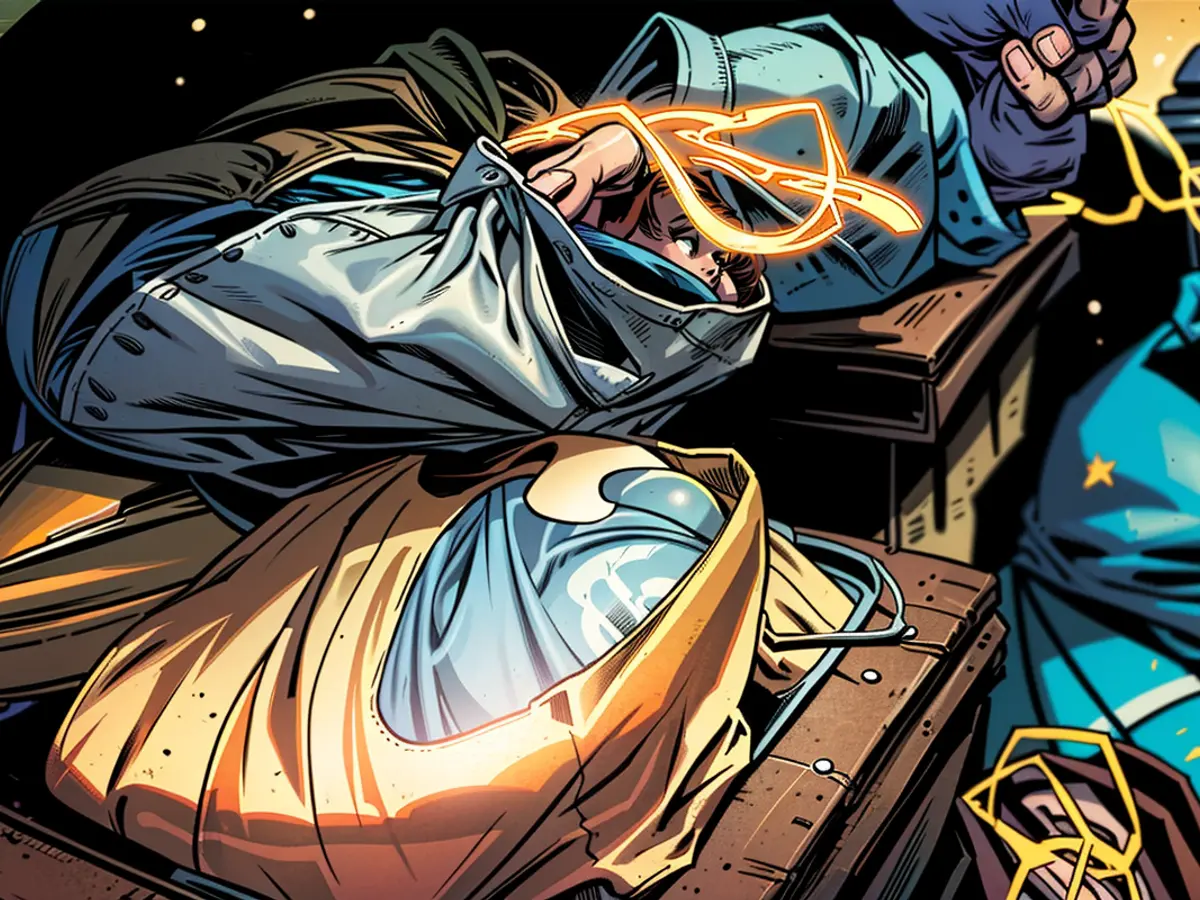- When Fence Fighting Escalates - More Violence Among Neighbors
An Overgrown Hedge, Late-Night Noise, Overflowing Trash Bins: Neighbor Disputes Can Quickly Escalate, Often Ending in Violence
A hedge growing too high over the fence, loud music playing late into the night, trash cans blocking the way: Neighbors can quickly find themselves in conflicts. Increasingly, these disputes at the garden fence are also ending in violence. According to the Baden-Württemberg Ministry of the Interior, 4160 people were injured in neighbor-related crimes last year, a 5% increase from the previous year and a 13% increase from five years ago.
The majority of cases resulted in minor injuries, but 68 people had to spend at least one night in the hospital. Ten people lost their lives. Police reports of threats have also been increasing over the past five years.
Starting today, a 45-year-old man will face the Regional Court in Heilbronn for allegedly killing his neighbor in a dispute over noise. The prosecution accuses him of manslaughter. According to the court, in February in Sachsenheim, in the Ludwigsburg district, he attacked and killed his 58-year-old neighbor with a so-called "grabbing fork," similar to a pitchfork. The alleged trigger was a dispute over noise disturbance.
Psychologist: Conflicts Often Have a Longer History
Earlier reports from police and the prosecution suggest that there had been previous police interventions due to the behavior of the 45-year-old, who had repeatedly harassed and insulted his neighbors, including the eventual victim.
Psychologist Ulrich Wagner, who taught at the University of Marburg, explains that such dramatic outcomes of neighbor disputes don't happen overnight but usually have a longer history. "We try to explain our world and find reasons why our neighbor keeps disturbing our sleep with noise, attributing negative characteristics to them and devaluing them. The same might happen on the other side, where the neighbor feels their freedom is restricted. If these images keep escalating, even a trivial trigger can lead to a complete breakdown."
Talking to trusted friends can help prevent escalation. Wagner advises, "The earlier you address the conflict, the better. It can be very helpful to talk to others about it. Sometimes we tend to get carried away with trivial issues." Trusted friends can help put things into perspective and determine if a problem is as big as it seems.
The surge in neighbor-related crimes, such as the 4160 reported cases last year, often involves disputes over trivial matters like noise disturbance. These escalating conflicts, as highlighted by psychologist Ulrich Wagner, often have a longer history and can result in severe consequences, such as the tragic death of a neighbor in a physical altercation.








